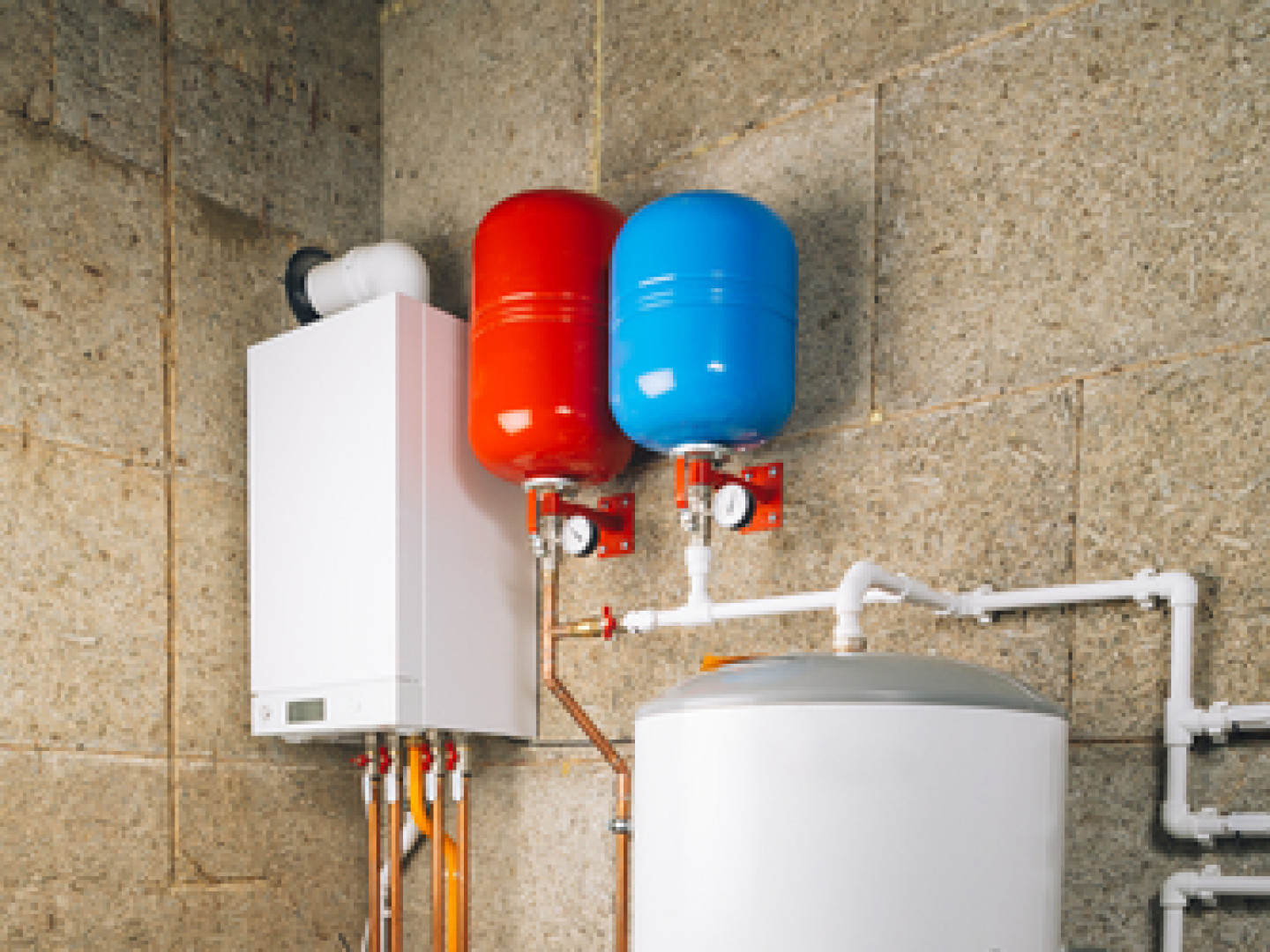Understanding All You Need to Know About 50 Gallon Electric Water Heater
Are you in the market for a new water heater? If so, then you might be considering an electric 50 gallon water heater. These units offer many benefits to homeowners and are becoming increasingly popular as more people look for ways to reduce their energy consumption. We will discuss the advantages of using a 50 gallon electric water heater, the different types available on the market, installation requirements, maintenance tips, and more. With this knowledge in hand, readers can make an informed decision to upgrade their existing system or purchase one for the first time!
When it comes to choosing an electric water heater, the 50 gallon size is one of the most popular models. It offers an efficient way to heat large amounts of water without using too much energy. They are also relatively inexpensive, making them a great option for many consumers. Additionally, they often come with features like tank insulation, which helps to keep hot water in the tank longer and reduce standby heat loss. This means that you won’t have to wait as long for your shower or dishwashing cycle.

There are several different types of 50 gallon electric water heaters on the market today. Depending on your needs and budget, you can choose from traditional storage tanks, tankless models, or point-of-use water heaters. Traditional storage tanks are the most common type and offer a reliable way to heat large amounts of water. Tankless models provide on-demand hot water without having to keep large volumes of heated water in reserve. Point-of-use models are best suited for small applications such as single sinks or showers.
When it comes to installation requirements, you will need to make sure that your home has the correct electrical wiring and circuit breaker setup for an electric water heater. In some cases, you may also require additional plumbing components like venting systems or expansion tanks depending on the type of water heater you choose. Your installer should be able to advise on these matters so that you can get your new systems or point-of-use units.
